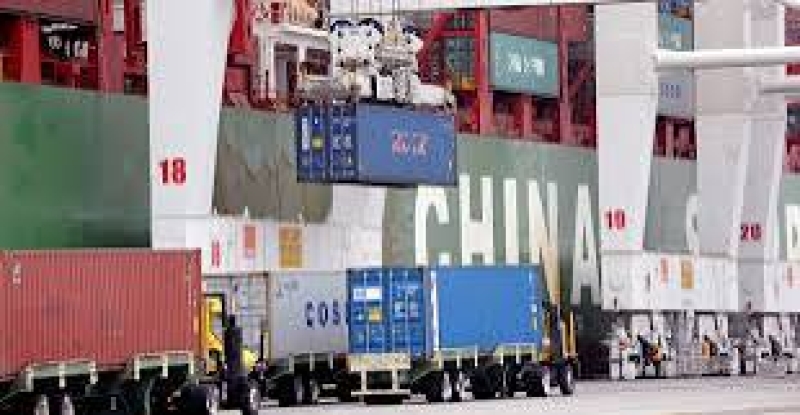- Indian MP Warns Bangladesh Faces Rising Lawlessness |
- Law and Order Must Be Ensured Ahead of Polls: Prof Yunus |
- Tough times ahead, everyone must remain united: Tarique Rahman |
- Sirajganj’s luxuriant mustard fields bloom as an oasis of gold |
- Man killed after boat hits sand-laden bulkhead on Padma River |
China launches anti-dumping probe into EU, US, Japan, Taiwan plastics

China's commerce ministry on Sunday launched an anti-dumping probe into POM copolymers, a type of engineering plastic, imported from the European Union, United States, Japan and Taiwan.
The plastics can partially replace metals such as copper and zinc and have various applications including in auto parts, electronics, and medical equipment, the ministry said in a statement.
The investigation should be completed in a year but could be extended for six months, it said.
The European Commission, which oversees EU trade policy, said it would carefully study the contents of the investigation before deciding on any next steps.
"We expect China to ensure that this investigation is fully in line with all relevant WTO (World Trade Organization) rules and obligations," a spokesperson said.
China's plastics probe comes amid a broader trade row with the United States and Europe.
The United States on Tuesday unveiled steep tariff increases on Chinese electric vehicles, or EVs, computer chips, medical products and other imports, reports VOA.
On Friday, the European Union launched a trade investigation into Chinese tinplate steel, the latest in a string of EU trade and subsidy probes into Chinese exports.
Most notably, the European Commission launched a probe last September to decide whether to impose punitive tariffs on cheaper Chinese EVs that it suspects of benefiting from state subsidies.
Beijing argues the recent focus by the United States and Europe on the risks to other economies from China's excess capacity is misguided.
Chinese officials say the criticism understates innovation by Chinese companies in key industries and overstates the importance of state support in driving their growth.

